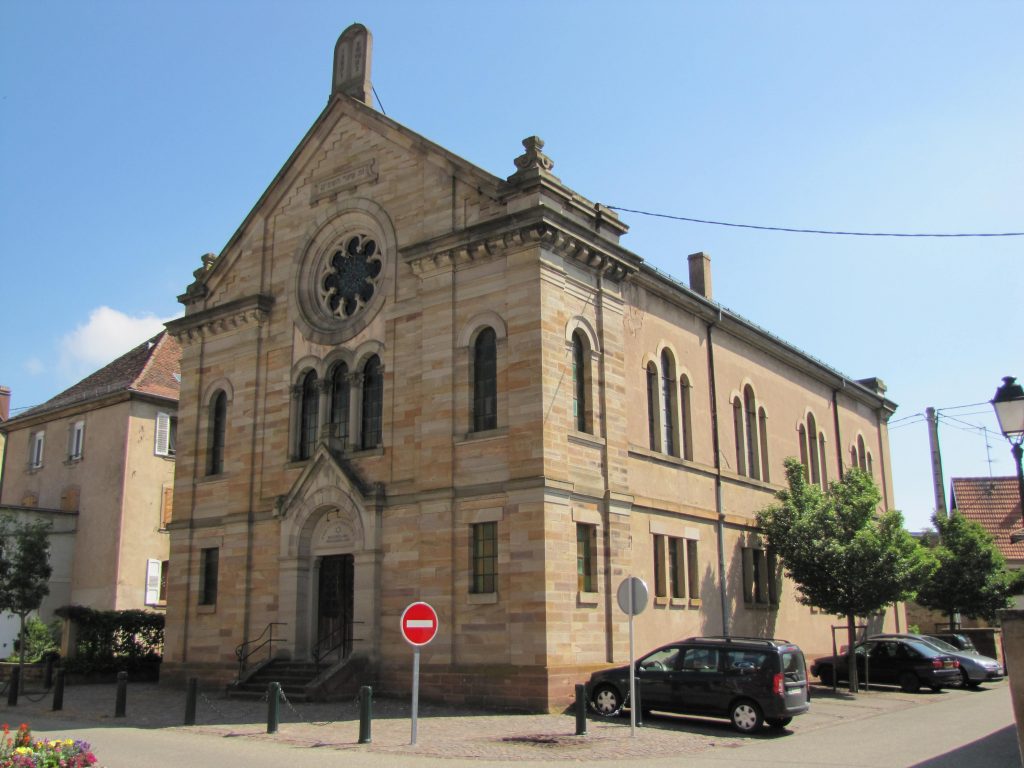The Jewish presence in Rosheim seems to have been quite limited in the Middle Ages, but it is attested from the beginning of the 13th century.

Expulsions, wars, and famines prevented the perpetuation of a Jewish life. But one person made history, Josel de Roheim. This lawyer and representative figure fought against anti-Semitism and for the improvement of the status of the Jews.
The perpetuation of Jewish life began at the end of the 17th century, when Rosheim had 16 Jewish families. The Jews were allowed to practice certain trades which the Christians did not want, such as the trade in old metals and clothes. Then, they practiced the trade of horses.
On the eve of the French Revolution, 53 Jewish families lived in Rosheim. At that time Lehmann Netter wrote a manuscript in which he described community life: the trades practiced by the men, the social activities of the women, the large number of rabbinical students, but also the civil information of each of these families.
Since the synagogue was destroyed by fire, the Jews of Rosheim prayed in oratories during the 18th century. A synagogue was inaugurated in 1835, then replaced by another one, in neo-roman style, in 1882.
As a sign of the improvement of the condition of the Jews in Rosheim, Aron Blum was elected mayor in 1852. The defeat of 1870 caused many Jews to leave the town, wishing to remain French. The Jewish population, which had reached its peak at that time with 310 people, gradually declined, reaching 69 people in 1936. The Shoah claimed many victims among the Jews still present.
Thus, in 1953, there were only 29 Jews left in Rosheim. The synagogue was re-inaugurated in 1959 but is no longer in use. Its facade remains intact, but the interior has been transformed into guest rooms.
Sources : judaisme.sdv.fr, dna.fr